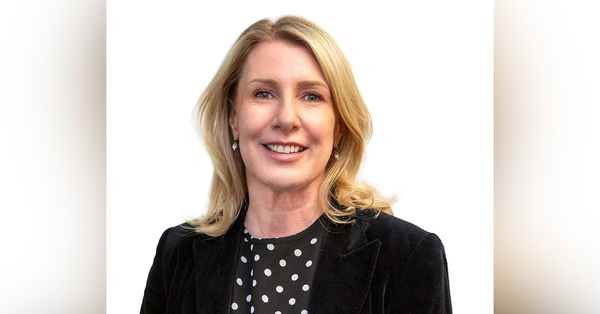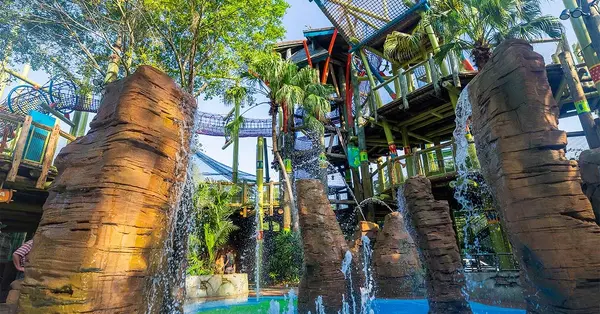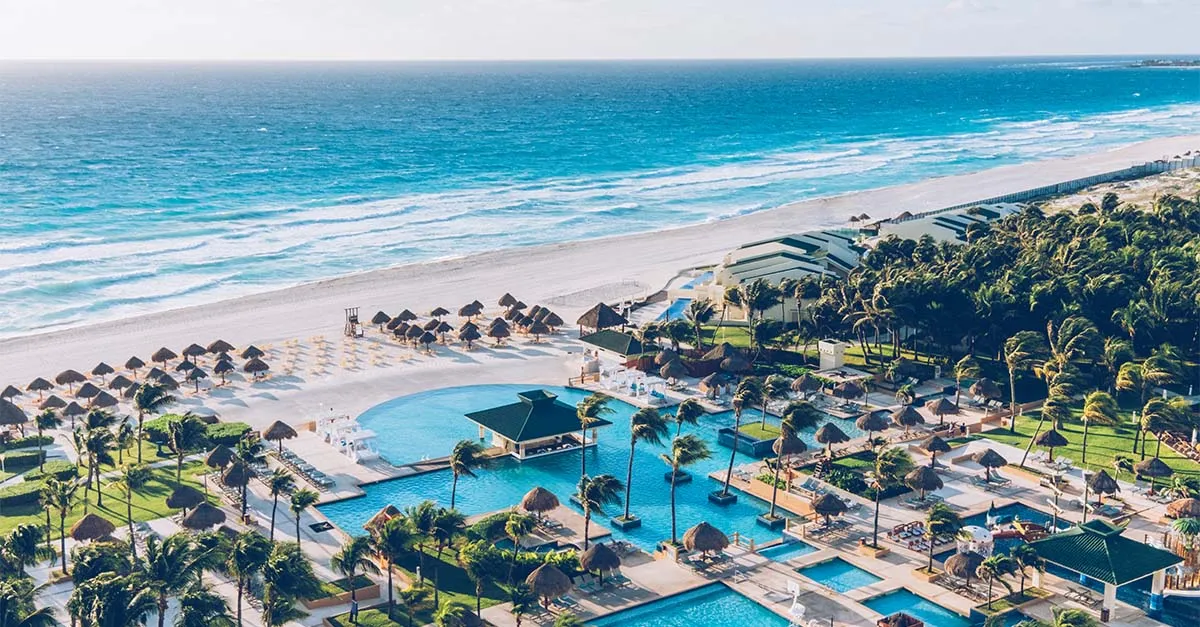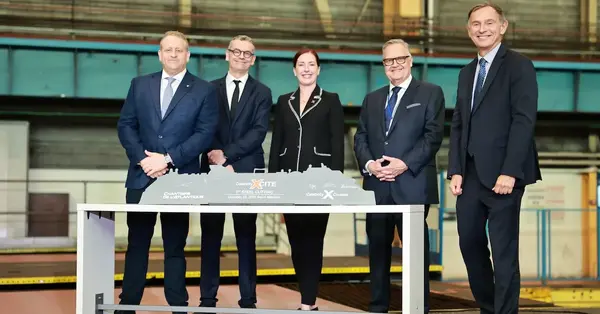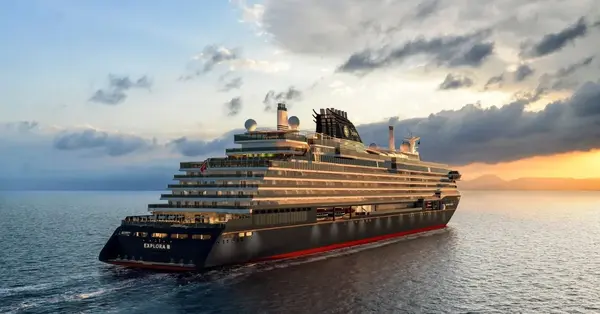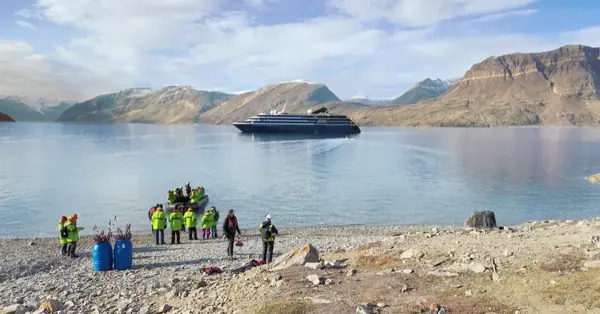You are viewing 1 of your 2 free articles
HX demands more expedition cruise sector sustainability transparency
A call for greater sector transparency over sustainability efforts has come from the boss of expedition cruise line HX as it issued its latest Environmental, Social, and Governance (ESG) report.
Others in the expedition cruise category should also be transparent in their ESG efforts “to help drive the positive change forward”.
The Hurtigruten Group adventure brand claimed “remarkable achievements” in emissions reduction, environmental conservation and community engagement.
The publication of HX’s ESG results “emphasises its transparent, proactive and innovative approach to sustainability, aiming to set a benchmark for the industry to follow”.
Chief executive Daniel Skjeldam said: “Adventure travel serves as a catalyst for advocating on behalf of communities, environments, and wildlife impacted by climate change.
“Our responsibility lies in ensuring that these experiences are conducted responsibly.
“Recognising the carbon footprint inherent in our industry, our focus is on proactive measures to prevent emissions.
“As we celebrate the milestones outlined in our ESG results, we call upon our industry peers to join us in prioritising transparency and accountability in our sustainability efforts.
“By openly sharing our progress and challenges, we can collectively drive meaningful change and ensure a more sustainable future for all.”
HX claimed “significant strides” had been made in cutting emissions and reducing waste throughout the past year.
Emissions per available passenger night were cut by 18% despite a 10% increase in distance sailed, compared to 2022.
HX attributed this to investment in hybrid technology and energy optimisation strategies, including of optimised sailing routes, reduced speeds, and the use of shore power in the port of Reykjavik.
HX has also reduced waste by 20% overall by banning single use plastic, reformulating menus and providing water bottles and refill stations to passengers.
Sister company Hurtigruten reported a “solid” 9% reduction in direct emissions per passenger since 2022 and a 46% cut in NOx emissions in the same period.
Additional vessels converting to battery hybrid power was the main driver behind the progress in emissions reduction.
Chief executive Hedda Felin said: ”We adhere to three guiding principles: reduce, reuse, and recycle.
“This strategy entails reducing consumption, for instance, by offering smaller portion sizes to minimise food waste (reduce), repurposing leftovers instead of discarding them (reuse), and most recently, with our new food compressor initiative, closing the loop by converting food waste into fertiliser for growing vegetables used in our menus (recycle).”




